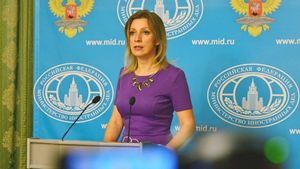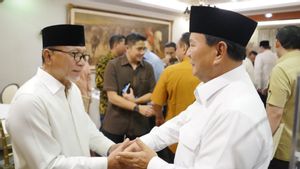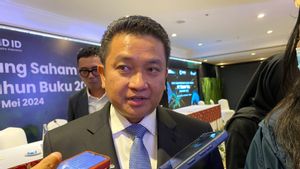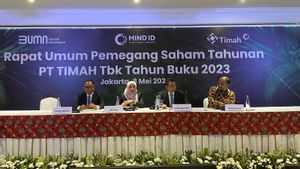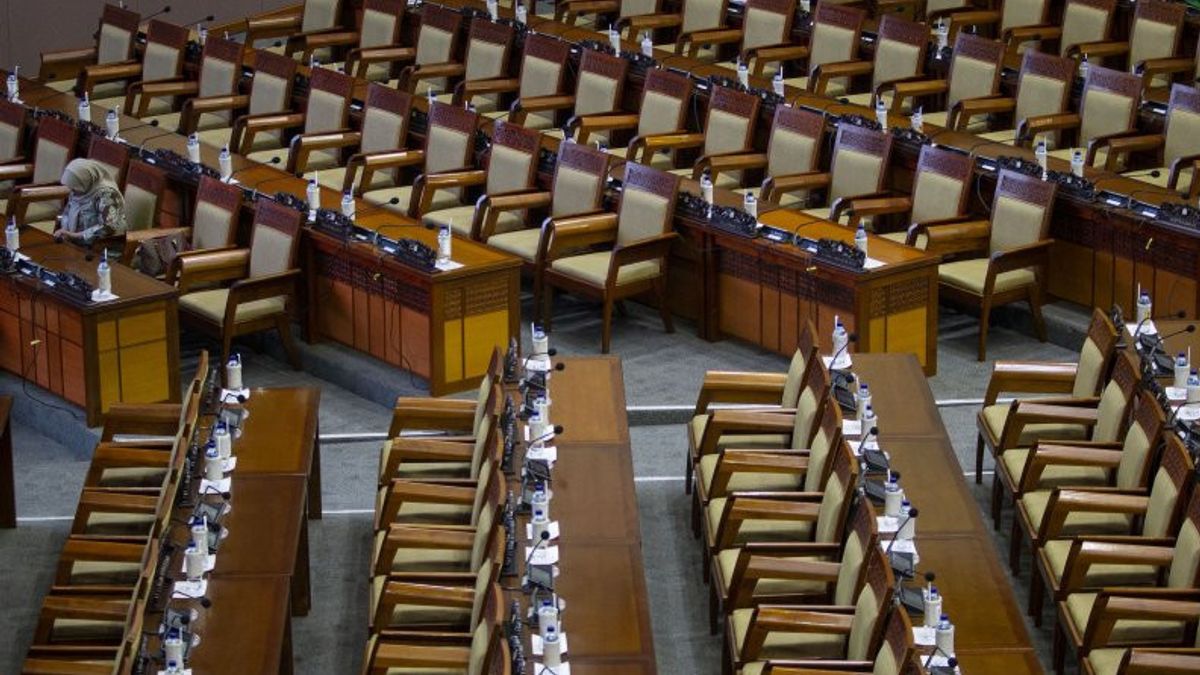
Political observer and founder of the Voxpol Center Research and Consulting, Pangi Syarwi Chaniago, commented on the pros and cons of the Constitutional Court (MK) decision which abolished the parliamentary limit of 4 percent of the national legitimate vote and ordered a revision before the 2029 election.
Pangi said the parliamentary threshold of 4 percent was chosen as an effort to simplify the number of parties, in order to lower fragmentation in parliament. However, he said, do not let the regulation suppress the votes of the people who have chosen legislative and party candidates.
Pangi assessed that PT 4 percent only benefited from the incumbent party position in parliament. Meanwhile, small parties will be difficult and more mature in meeting these thresholds.
According to Pangi, the parliamentary threshold threshold threshold hinders new political parties, because many wasted votes do not become chairs. According to Pangi, if you have obtained 200,000 votes, you must be converted into 1 seat in the DPR.
"In principle, no people's voices are wasted without being a seat, so that the people will have more representatives in parliament, that's getting better and more quality," Pangi said in his statement, Monday, March 4.
Therefore, Pangi agreed to abolish the 4 percent parliamentary threshold threshold threshold to accommodate the interests of small and medium parties so that they have the experience of representatives of the people and have seats in parliament.
However, Pangi warned that changes in the percentage of the threshold should not be accompanied by motivation to prevent new parties from entering parliament.
"In the past, the threshold was applied at 4 percent, at the initial time, it was confirmed that Gerindra, NasDem and Hanura would not qualify for parliament in that era," said Pangi.
The reason, continued Pangi, is that the 4 percent figure is still too high for new parties to be achieved. Because the new party is only able to get around 0.2-2.6 percent.
"It is very sad and unfortunate that the voices of the people were wasted, it is not legal to become a seat, in fact there are candidates for the DPR RI, both from PSI, Perindo, Gelora and others whose votes obtained by the legislative candidates in the party entered the premium candidate vote cluster above 100,000. Some even penetrated the 200,000 private votes obtained by the legislative candidate, but did not qualify and did not become a seat in parliament because the party did not pass the 4 percent threshold in parliament," he explained.
Therefore, Pangi hopes that in the 2029 General Election, the parliamentary threshold (PT) will be reduced from the lower limit range of 1 percent and an upper limit range of 2 percent.
"So that the people's voices can be converted into chairs and not wasted," he concluded.
The English, Chinese, Japanese, Arabic, and French versions are automatically generated by the AI. So there may still be inaccuracies in translating, please always see Indonesian as our main language. (system supported by DigitalSiber.id)





